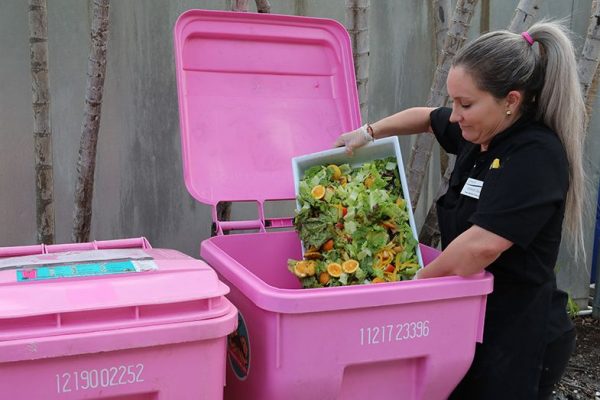Editorial: You Should Read This Newspaper. Here’s Why.
In the age of algorithmic content feeds, it’s more important than ever to seek out media sources that are curated and fact-checked by humans.
After hours of homework, DBQs, discussion boards, and busy work, how often do you think to yourself, “Wow, I would love to read the school newspaper right now”? If the answer is never, welcome to our staff editorial.
Admittedly, the demographic of people who still read a newspaper is aging, and younger generations are reaching for it less and less. Social media is a major driver of this phenomenon, giving its users an algorithmically personalized, hyper-present stream of news tailored to their engagement—daunting competition for some of the more classical forms of journalism. Nevertheless, we editors are here to encourage our readers to expand their media diets with some traditional news—starting with our very own publication, The Catalyst.
First, let’s establish something: Why do newspapers matter? We are so glad you asked. Newspapers offer an edited, fact-checked news experience to a reader, unlike receiving news from social media platforms, which simply aggregate content that will grab your attention. Now, you might be thinking, “I can just read the news online.” That is true, and reputable news websites—especially those that don’t rely exclusively on ad revenue and clickbait to stay afloat—are the next best thing. However, we would argue that a tangible newspaper remains the best way to get information about the world, because every element of the layout has been considered carefully by a team of editors exercising their own human judgment about the reader’s experience.
Trust us, we understand that finding your news on social media and online is both convenient and ridiculously easy. However, that news is often curated by an algorithm that only cares about what will get the most clicks, not what you should know. On the other hand, printed newspapers are curated by a team of editors who strive to offer a mix of both popular articles and impactful ones.
According to US News Deserts, 200 counties in the U.S. do not have a local newspaper. Additionally, almost half of all counties have only one newspaper. These are devastating statistics because local newspapers play a key role in holding politicians accountable and informing small communities about issues that have a direct impact on their wellbeing. Without local newspapers, people become even more disengaged than they already are, with no grasp of what is happening in their world.
Social media is one of the driving forces behind these “news deserts,” in part because it can feel like an even more direct source of local news. Why would you read the Miami Herald’s article about a fish kill in Biscayne Bay when you could just follow some guy who lives on the water on TikTok? It’s easier, but it’s a poor substitute. Misinformation is rampant on TikTok, Facebook, Instagram, and Twitter. These companies have started to crack down on it, but their core business model will always facilitate it. The goal of these companies is to keep you, the consumer, on their app for as long as possible in order to scroll through as many ads as possible, which will in turn make the company money. If that means showing you headlines or clickbait that might be false, or not represent the full truth, they will do it, and no amount of moderation will stop them.
Unlike any other publication you might read, The Catalyst is produced by your classmates, your peers, and your friends. The paper is a direct conduit to the administration, student government, and more. You can even speak out on your own by writing for the paper. We are not just a club; we are a platform accessible to everyone at RE who wants their voice to be heard.
Our paper is also an important vehicle for civic engagement. From publishing a pre-election voter guide to providing an important space for RE students to voice their political opinions, we’re committed to cultivating a generation of involved, engaged, and informed citizens that will exercise their power to create lasting, positive change. Even if you’re not old enough to vote, you can develop your political ideology, worldview, and value system by reading and writing for our paper.
You should read a newspaper, and more specifically our newspaper, because a group of humans not too different from yourselves has spent hours researching and curating the most important information we think you should know. Unlike the faceless algorithms behind social media, we work tirelessly to produce a paper we are proud of.


![Leyla Amjad 26: Being Muslim, its just really hard to find people who relate to you when they dont share [your] experiences.](https://recatalyst.org/wp-content/uploads/2024/02/IMG_9831-600x390.jpg)
